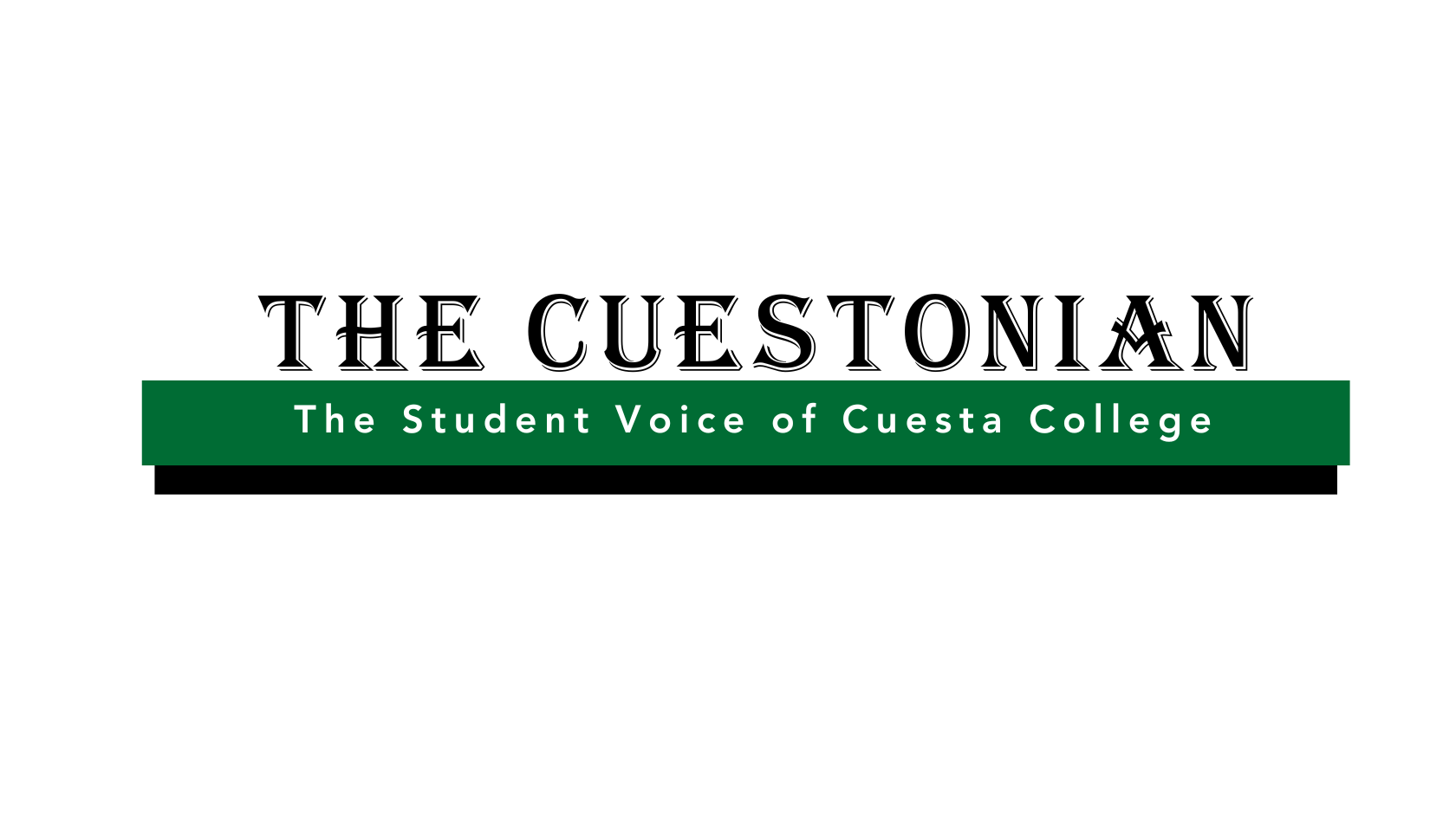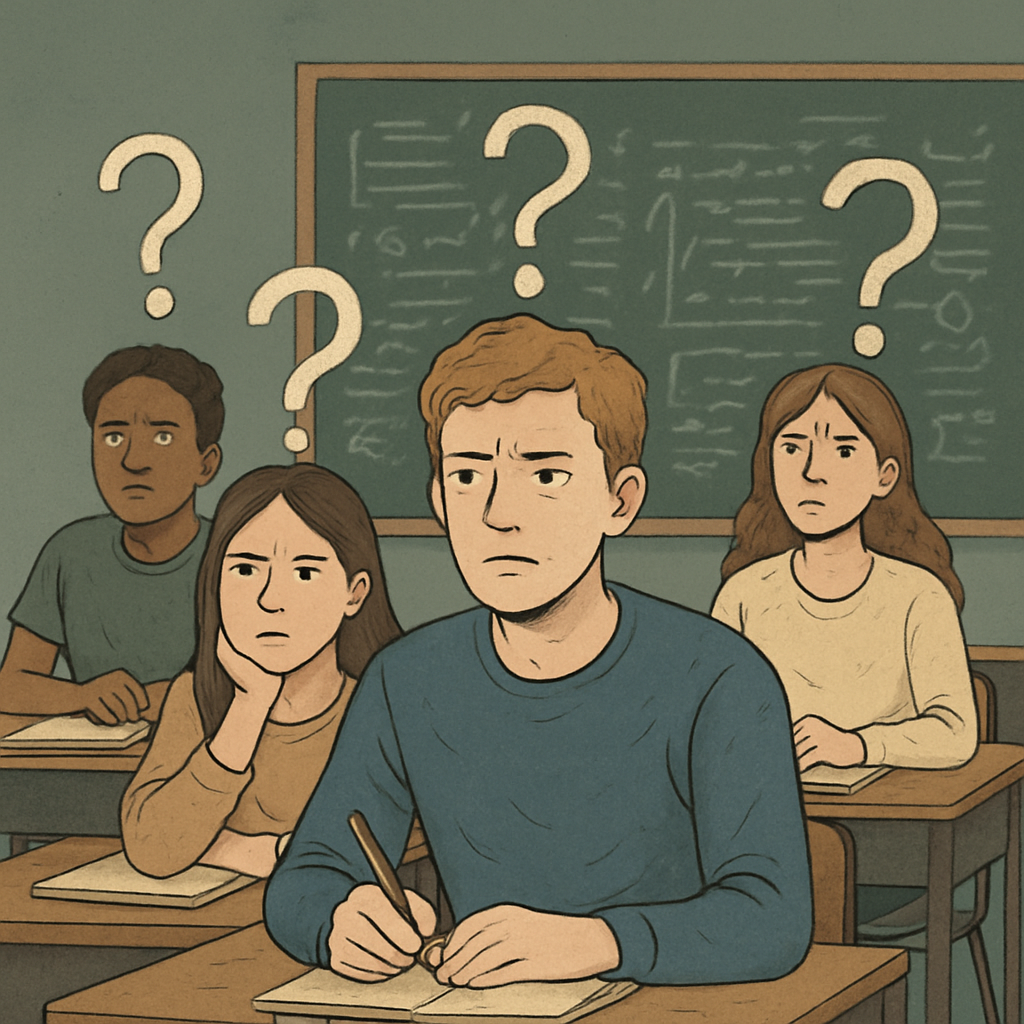Editor’s Note: A previous version of this story identified Dream Center staff as “faculty” when, in fact, they are known as “staff.” The article has been corrected. The Cuestonian regrets this error.
Many of California’s approximately 10,000 undocumented college students are experiencing uncertainty due to the incoming federal administration’s views on immigration. For students at Cuesta College, the Monarch Dream Center has resources and support systems in place for those who need them.
According to the National Immigration Forum, a “dreamer” is an undocumented immigrant who came to the U.S. as a child. There are an estimated 3.6 million dreamers residing in the U.S., although only approximately 530,000 are currently protected under Deferred Action for Childhood Arrivals. DACA recipients are projected to contribute $460 billion to the U.S. economy in the next decade.
Dulce Corum, the program coordinator at Cuesta’s Monarch Dream Center, wants to ensure that she is building strong connections with key partners, including Dream Center staff, its legal team, students and their families.
“I’ve been giving out some of the Know Your Rights components,” Corum said. “I started, sort of slowly, a shift of campaign toward informative sessions for students. Truly for me, it’s like shielding them with information. Despite how policy works, there is a learning component, and there is a human rights component that we have to be very mindful of. If anything, that’s kind of our strongest tool, which is being very informed about what’s coming and, while abiding by the policy, what level of protection we still have as human beings.”
On November 6, the California Community Colleges chancellor’s office sent out a press release to assure undocumented students about their ongoing support from the state. “The University of California, the California State University and the California Community Colleges remain steadfast and committed to our values of diversity and inclusivity,” the statement read. “We are proud to welcome students, faculty and staff from all backgrounds, experiences and perspectives, and we will continue to support and protect all members of our communities. California represents a beacon of hope for so many, and we stand ready to support our state and its people as we all move forward together.”
Undocumented students in California are encouraged to continue applying for financial aid through the CA Dream Act Application (CADAA.) Through CADAA, undocumented students may qualify for a variety of grants, scholarships and loans. Students’ privacy rights are protected by the Family Educational Rights and Privacy Act (FERPA), a set of regulations in place to protect student privacy.
CADAA applicants may also be eligible for the California Dream Act Service Incentive Grant (DSIG) program, which awards students up to $4,500 per academic year for performing community or volunteer service. The program focuses on the three priority areas of K-12 education, climate action and food insecurity. Corum explained that she is working with College Corps to expand the program in order to include more volunteer sites for STEM majors.
“The Dream Incentive Grant is a very under-utilized program, and it is eligible for our AB 540 students,” Corum said. “We’re currently on the building blocks of our College Corps program to expand so it will be our second option for our undocumented students, mainly to enhance their skill-building opportunities. It’s a good opportunity, but it’s very narrow to three areas only. I know that my undocumented students love sciences, they want to be engineers and they want to do all this amazing professional stuff. If College Corps has a way of contracting with a site that lands into their area of study, then it will be part of a choice for them to be placed there.”
Corum wants students to feel supported by the Dream Center. The community connections that the staff has can assist students and their families with their concerns, including legal services.
“It’s a lot of referrals,” Corum said. “Referrals on campus for the ones that are eligible. And on my end, also a lot of advocacy for building programs that are holistically open for all students.”
Students with questions or concerns about legal advice, financial aid, counseling or any matters concerning their personal and family members’ status may contact the staff at Cuesta’s Dream Center for more information. They are located at the following places:
SLO Campus – Library Building 3200 (Affinity Programs Center)
Mon. & Wed. 8 a.m.-6 p.m.
Friday 8 a.m.-5 p.m.
North County Campus – Bld.N1100, Room N1123
Tue. & Thurs. 8 a.m.-6 p.m.














